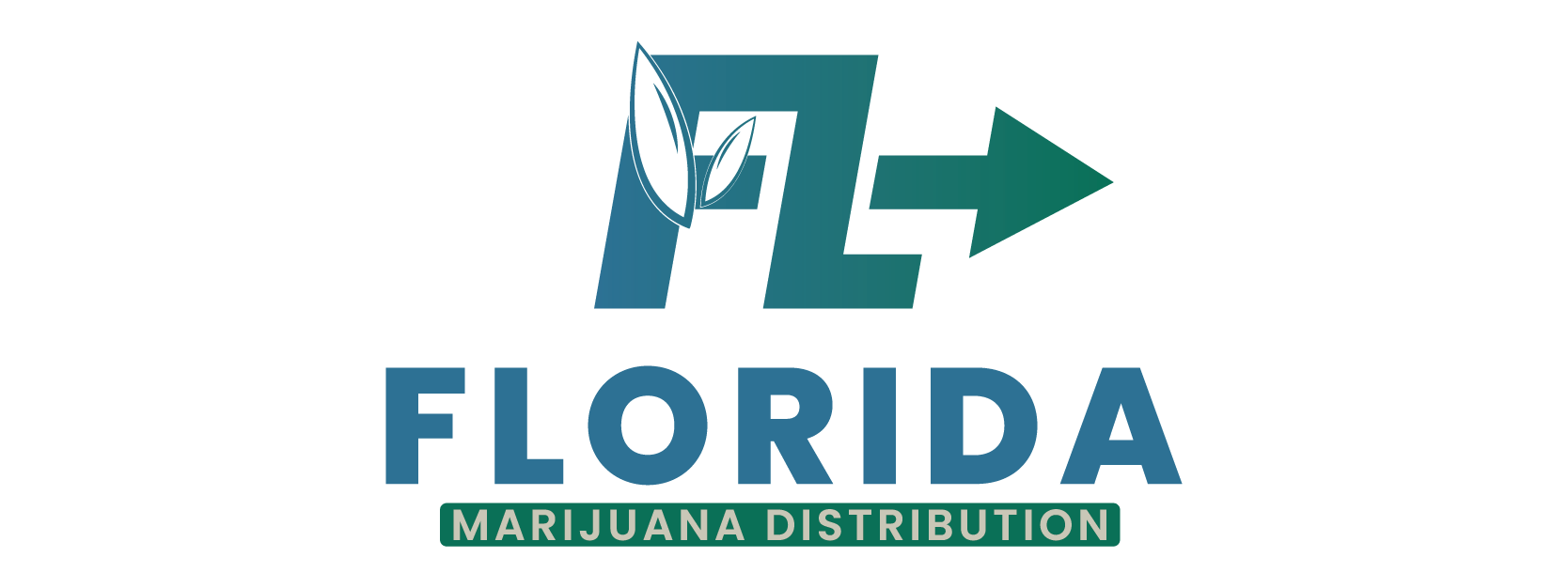Florida’s cannabis market is currently confined to medical use, governed by a vertically integrated model that centralizes cultivation, processing, distribution, and dispensing within Medical Marijuana Treatment Centers (MMTCs). These MMTCs must manage the entire supply chain, leaving no separate licensing category for independent distributors.
That model creates substantial structural barriers for small entrepreneurs. To operate legally, a business would need MMTC status — a costly and complex undertaking requiring cultivation and processing infrastructure, dispensary storefronts, seed‑to‑sale tracking, and security systems meeting the rigorous standards laid out by the Office of Medical Marijuana Use (OMMU) and Department of Agriculture. The barrier to entry is enforced through limited initial licenses and ongoing compliance demands.
Notably, Florida does not issue standalone distribution licenses. Section 381 of Florida Statutes explicitly prohibits MMTCs from buying from non‑MMTC entities, and disallows residents from supplying cannabis to dispensaries. This means that no independent, small‑scale logistic or wholesale distributor can legally operate within Florida’s cannabis market. Those caught distributing without MMTC status risk felony penalties under Florida Statute 893.13, including prison time and hefty fines.
Why has Florida structured it this way?
Supporters of vertical integration argue it ensures tight control, accountability, and patient safety. But critics—including courts—have described the MMTC system as cartel‑like, limiting competition and elevating prices. Indeed, in 2019, Florida’s First District Court of Appeal deemed mandatory vertical integration and license caps unconstitutional. However, the legislature has yet to fully restructure the licensing system.
Are small businesses likely to gain distribution access in the future?
There are hopeful signs. The 2019 court ruling opened the door for potential reform, though as of June 2025 no new independent distributor licenses have been issued. Meanwhile, the 2024 ballot initiative (Amendment 3), despite achieving 56% approval, fell short of the required 60% supermajority and failed.
If a future recreational legalization initiative passes, the regulatory framework may be redesigned. Amendment 3’s language allowed for “other state licensed entities” to participate in the supply chain, suggesting possible openings for smaller, focused operators. That said, Florida’s legislature and executive remain cautious; Governor DeSantis notably opposed the 2024 measure, and previous executive actions have stalled reform.
Absent legislation, small businesses can still seek roles in ancillary sectors: packaging, security systems, tracking software, marketing, real estate, logistics, labs, and professional services. These paths—outside the core MMTC logistics—offer entry points into the ecosystem without contravening regulatory limits.
In Summary
- Today: No formal opportunities exist for small businesses to become independent cannabis distributors—only MMTCs can handle distribution.
- Why: Florida’s vertically integrated MMTC model prohibits standalone licensing and retains tight regulatory control.
- Future: Legal challenges, possible recreational legalization, and pressure to diversify may open the door, but meaningful change depends on policy shifts.
- Alternatives: Small businesses can participate in cannabis logistics indirectly via ancillary services.
